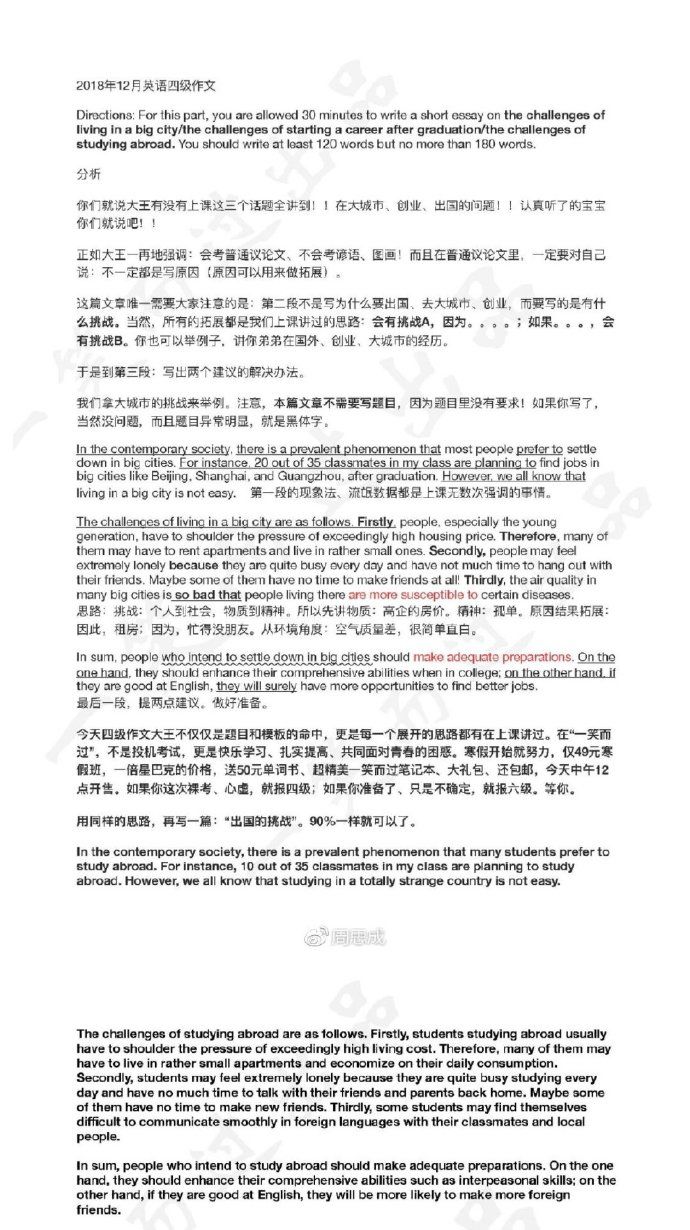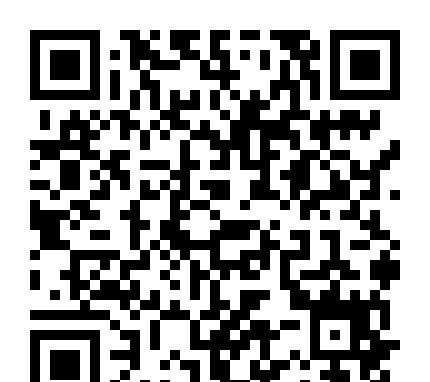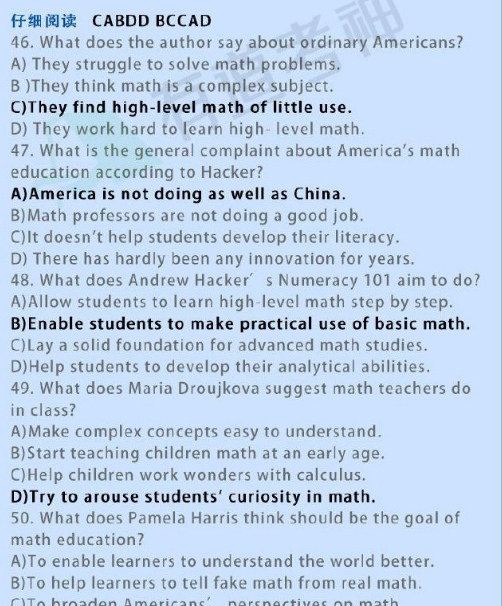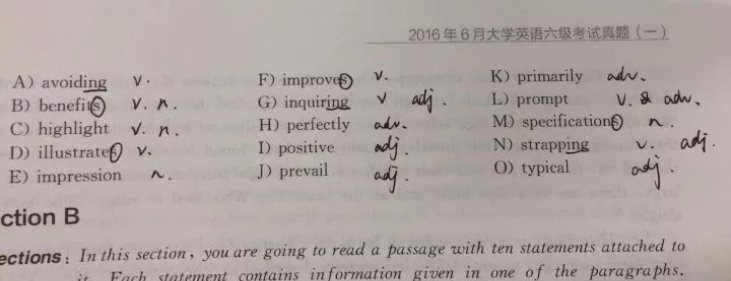自考英语语法复习资料 六
|
(一)限制性定语从句中只能用that 引导定语从句的情况 1.当先行词是everything, anything, nothing (something 除外), all, none, few, little, some等代词时,或当先行词受every, any, all, some, no, little, few, much等代词修饰时。如: Have you taken down everything that Mr. Li said?李老师讲的你都记下来了吗? There seems to be nothing that is impossible to him in the world. 对他来说似乎世界上没有什么不可能的事。 All that can be done has been done. 所有能做的都做好了。 There is little that I can do for you. 我不能为你干什么。 He stayed in the library and looked up any information that they needed. 他呆在图书馆查找所需的资料。 注意:当先行词指人时,偶尔也可用关系代词who,如: Any man that / who has a sense of duty won't do such a thing. 任何有责任感的人都不会做这样的事。 All the guests that / who were invited to her wedding were important people. 所有应邀来参加她婚礼的客人都是重要人物。 2.当先行词被序数词修饰时。如: The first place that they visited in London was the Big Ben. 在伦敦他们参观的第一个地方是大本钟。 3.当先行词被形容词最高级修饰时。如: This is the best film that I have ever seen. 这是我看过的最好的电影。 4.当先行词被the very, the only修饰时。如: This is the very dictionary that I want to buy. 这正是我要买的词典。 After the fire in his house, the old car is the only thing that he owns. 家里发生了火灾过后,那辆旧车成了他的唯一拥有。 注意:当先行词指人时,偶尔也可用关系代词who.如: Wang Hua is the only person in our school who will attend the meeting. 王华是我校唯一出席会议的人。 5.当先行词前面有who, which等疑问代词时。如: Who is the man that is standing by the gate? 站在门口的那个人是谁? Which is the T-shirt that fits me most? 哪件T恤衫最合我的身? 6.当先行词为人与动物或人与物时。如: They talked about the persons and things that they remembered at school 他们谈论着他们所能记起的在校时的人和事。 Look at the man and his donkey that are walking up the street. 瞧瞧那个沿街走来的人和他的 毛驴。 (二)关系代词as和which 引导的定语从句 as 和which 引导非限制性定语从句时, 其用法有相同之处,也有不同之处。具体情况是: 1. as 和which都可以在定语从句中做主语或宾语,代表前面整个句子。如: He married her, as / which was natural. 他跟她结婚了,这是很自然的事。 He is honest, as / which we can see. 他很诚实, 这一点我们看得出来。 2. as 引导的非限制性定语从句可以放在主句之前、主句之后,甚至还可以分割主句。 which 引导的非限制性定语从句只可放在主句之后。另外,as 常常有“正如、正像”的含义。如: As is known to all, China is a developing country. 众所周知,中国是发展中国家。 He is from the south, as we can know from his accent. 他是南方人,这一点我们从他的口音可以知道。 John, as you know, is a famous writer. 正如你所知, 约翰是个著名作家。 Zhang Hua has been to Paris more than ten times, which I don't believe. 张华已去过巴黎十多次了,这一点我不相信。 注意:当主句和从句之间存在着逻辑上的因果关系时,关系词往往只用which.如: Tom was late for school again and again, which made his teacher very angry. 汤姆老是迟到,这使得老师很恼火。 These tables are made of metal, which made them very heavy. 这些桌子是金属的,这使得这些桌子很重。 1. 当先行词受such, the same 修饰时,关系词常用as. 如: I've never heard such stories as he tells. 我从未听过象他讲的这样的故事。 He is not such a fool as he looks. 他可不象他看上去的那样傻。 This is the same dictionary as I lost last week. 这部词典跟我上星期丢失的一样。 注意:当先行词受the same 修饰时,偶尔也用 that引导定语从句,但与as引导的定语从句意思有区别。如: She wore the same dress that she wore at Mary's wedding. 她穿着她在玛丽婚礼上穿过的同一条连衣裙。 She wore the same dress as her younger sister wore. 她穿着跟她妹妹所穿的一样的连衣裙。 (三)以the way为先行词的限制性定语从句通常由in which或that引导,而且通常可以省略。如: The way (that / in which ) he answered the questions was surprising. 他回答这些问题的方式令人惊奇。 I don't like the way (that / in which) you laugh at her. 我不喜欢你冲她的样子。 (四)关系代词与关系副词的选择 用关系代词还是关系副词引导定语从句主要看关系词在定语从句中的作用(即所担当的成分)。试比较: A. I know a place where we can have a picnic. 我知道一个我们可以野炊的地方。 I know a place which / that is famous for its beautiful natural scenery. 我知道一个以自然景色优美而闻名的地方。 B. I will never forget the days when we spent our holidays together. 我永远忘不了我们一起度假的日子。 I will never forget the days that / which we spent together. 我永远忘不了我们一起度过的日子。 C. This is the reason why he was dismissed. 这就是他被解雇的原因。 This is the reason that / which he explained to me for his not attending the meeting. 这就是他向我解释的他没有参加会议的原因。 (五)but 有时也用作关系词引导定语从句。如: There are very few but admire his talents. 很少有人不赞赏他的才干的。(but = who don't) (六)定语从句与同位语从句的区别 1.定语从句修饰限定先行词,它与先行词是修饰关系;同位语从句说明先行词的具体内容,它与先行词是同位关系。 The plane that has just taken off is for Paris. (定语从句) 刚刚起飞的那架飞机是开往巴黎的。 The fact that he has already died is quite clear. (同位语从句) 他已经去世了,这个事实很明了。 2.定语从句由关系代词或关系副词引导,关系词在从句中担当相应的句子成分,关系代词在从句中作宾语时经常可省略。同位语从句主要由连词that 引导,在从句中一般不担当成分;有时也由where, when, how, who, whether, what 等连词引导,这些连词则在从句中担当成分。 The news that he told me is true. (定语从句) 他告诉我的消息是真的。 The news that he has just died is true. (同位语从句) 他刚刚去世了,这个消息是真的。 The problem that we are facing now is how we can collect so much money. (定语从句) 我们现在面临的问题是如何筹集这么多资金。 The problem how we can collect so much money is difficult to solve. (同位语从句) 我们如何筹集这么多资金,这个问题很难解决。 The question that he raised puzzled all of us. (定语从句) 他提出的问题让我们很为难。 The question whether he is sure to win the game is hard to answer. (同位语从句) 他是否一定会赢得那场比赛,这个问题很难回答。 3.同位语从句与先行词一般可以用动词be发展成一个完整的句子, 而定语从句则不能。如: A. The idea that he we could ask the teacher for advice is wonderful. (同位语从句)我们可以向老师请教,这个主意不错。 The idea was that we could ask the teacher for advice. B. The fact that the earth moves around the sun is known to all. (同位语从句) 地球围绕太阳转,这个事实人人皆知。 The fact is that the earth moves around the sun. C. Pay attention to the problem how we can protect the wild animals. (同位语从句) 请注意如何保护野生动物这个问题。 The problem is how we can protect the wild animals. |








